LONDON — The British government said on Friday it may draft in the army to help deliver gas after shortages caused by a scarcity of truck drivers forced the closure of stations across the country.
The haulage industry said there was a shortfall of some 100,000 drivers, and that could also lead to shortages of turkeys and toys this Christmas. Some 25,000 drivers returned to Europe after Brexit, and the pandemic halted the qualification process for new workers.
“We’ll do whatever it takes,” Transport Secretary Grant Shapps told Sky News on Friday. “With regard to things like whether there’s a role for military, obviously, if there is, if that actually helps we’ll bring them in,” he told the BBC.
The government urged motorists not to panic buy gas Friday after BP and ExxonMobil’s Esso closed some stations around the country. It was not known exactly how many stations were closed.
The government says during the winter Covid-19 lockdown tens of thousands of foreign drivers were unable to get the tests they needed to enter the country.
On Thursday, another government minister has cautioned the public not to panic buy amid fears of food shortages.
The building multilayered crisis has been stoked in part by Brexit and made worse by the Covid-19 pandemic, and gas is just the latest thing that people in the U.K. are finding hard to come by after its departure from the European Union. Previously McDonald’s has been forced to take milkshakes off the menu, KFC has run short on chicken and supermarket shelves have been left bare.
Download the NBC News app for breaking news and politics
The crisis is already beginning to bite in other areas of life, with 18 percent of adults saying they have been unable to buy essential food items in the past two weeks, according to the U.K.’s Office for National Statistics.
The pandemic means that many countries are facing supply chain problems, as manufacturing centers in Asia are hit by continuing cases and restrictions.
There has also been a global rise in the price of natural gas, which heats most homes in Britain and elsewhere. This comes after a cold winter in which much of the population was huddled indoors due to lockdown measures.
Benchmark natural gas prices have surged 250 percent in Europe this year. Because regulators in the U.K. cap the amount that households pay, that hike has fallen on energy companies — a number of which have gone out of business in recent weeks.
And Britain has been hit harder than most because it has much less natural gas in storage than many other European countries.
It has also had a knock-on effect of creating shortages of CO2, which is used in everything from the production of fizzy drinks and alcohol to stunning pigs before they are slaughtered.
But the government has denied it could see a rerun of the “winter of discontent” of 1979, a year of labor strikes, high inflation, garbage sacks piling up in the streets and other parts of the country grinding to a halt.
Earlier that decade, rising global energy prices saw the U.K. go down to a three-day working week as a drastic measure to keep the lights on.
“There is no question of the lights going out, of people being unable to heat their homes. There will be no three-day working week, or a throwback to the 1970s,” Energy Secretary Kwasi Kwarteng told Parliament last week.
The amount of natural gas supplied from Russia to Europe has also fallen dramatically this year. Russia says this is because its own needs have gone up.
But a group of European Union lawmakers has asked the European Commission to investigate the role of Russia’s Gazprom, saying the company’s behavior has made them suspect market manipulation.
Reuters and The Associated Press contributed.

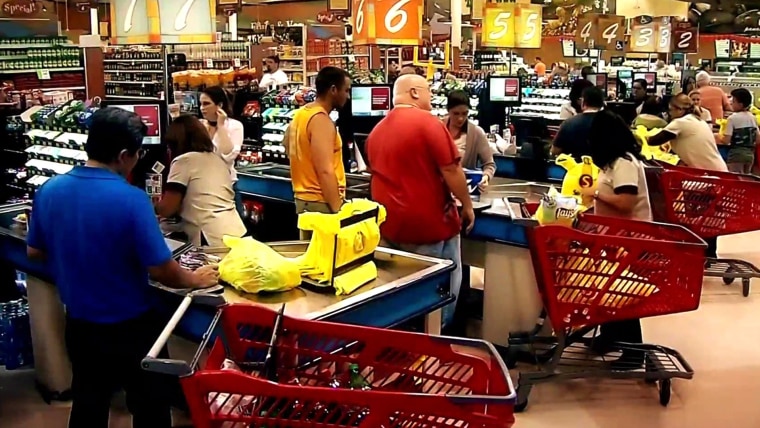


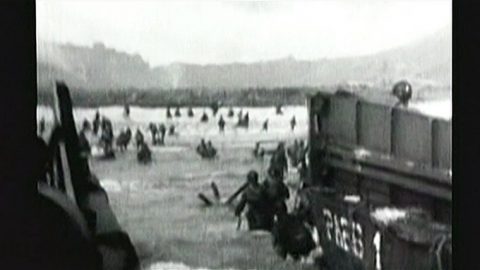
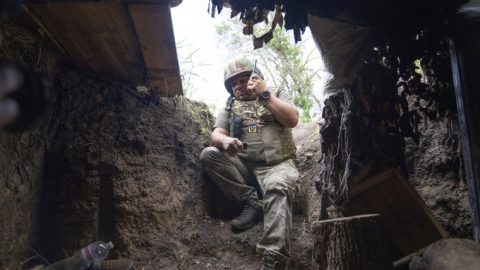
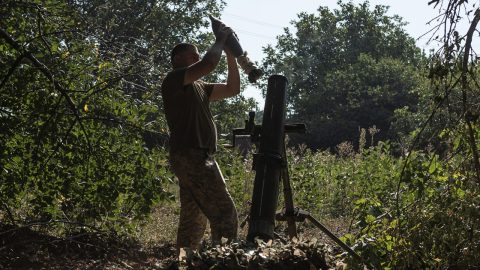

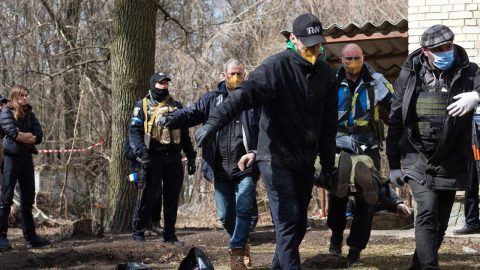
Recent Comments